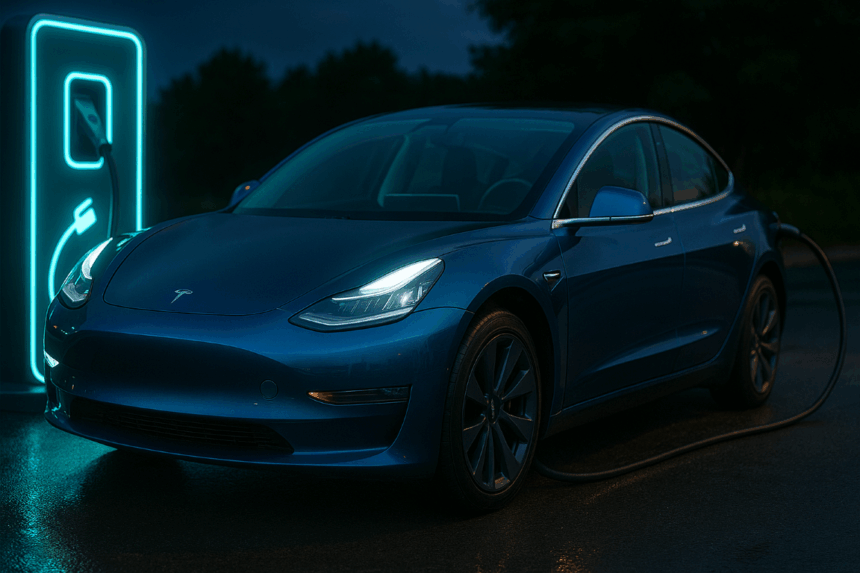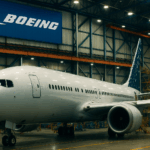Tesla (NASDAQ:TSLA)’s journey through the stock market landscape remains turbulent, marked by a recent downturn that saw shares dip significantly. This fluctuation comes as part of a broader nervousness about the sustainability of high-tech stock prices, especially those linked to artificial intelligence (AI). As stakes in the AI sector become a topic of debate, Tesla’s robotaxi and self-driving technologies remain in the spotlight, presenting both challenges and opportunities.
Tesla’s path hasn’t been linear, with market reactions previously swinging between optimism due to emerging technologies and skepticism over valuation and competition. The recent ride-hailing permit in Arizona is a nod towards the company’s ambitious robotaxi plans. However, competing with companies like Alphabet, which operates Waymo—a frontrunner in autonomous vehicle technology—presents its fair share of hurdles. While historical patterns showed investor growth interest tied to Tesla’s tech ventures, the question now is how the company will navigate through competing market sentiments.
How Are Investors Reacting to Tesla’s Recent Market Positioning?
Investors have mixed responses to Tesla’s market trajectory, with some pulling back amid concerns over high valuations while others remain optimistic about future technological capabilities. Notably, Stifel has increased its price target for Tesla, expressing confidence in its full self-driving technology.
Tesla feels the market dynamics but persists with its technological innovations, much like other tech giants navigating these waters.
Nevertheless, the fluctuation in stock value signifies caution among stakeholders pondering whether Tesla’s stock will rally again or face further setbacks.
Will Tesla’s AI Ventures Overcome Competitive Pressure?
Tesla’s commitment to developing self-driving vehicles faces formidable rivalries, especially from Alphabet’s Waymo, which is perceived as more advanced. As Tesla secures permits and expands its robotaxi initiatives, the competitive landscape in the autonomous vehicle domain grows more complex. While Tesla’s AI potential captures investor attention, competitive pressures and market dynamics question whether continuous technological enhancements can secure stock appreciation.
The juxtaposition of market skepticism against optimism for full self-driving technology highlights the uncertainty Tesla faces amid competitors.
As Tesla anticipates future collaboration opportunities and regulatory achievements, its prospects remain intertwined with technological advancements and market trends. Historically, investor sentiment has fluctuated between trust in Tesla’s innovation capabilities and wariness of market volatility, reflecting the intricate balance between technology-driving forces and investor confidence.
Tesla’s recent performance, contrasted against Alphabet’s stronghold in autonomous technology, suggests a broader dialogue on valuation and innovation sustainability in AI-driven companies. Trading at a high forward P/E ratio compared to peers like Alphabet raises questions over the long-term viability of such valuations amid evolving demands and innovations.










